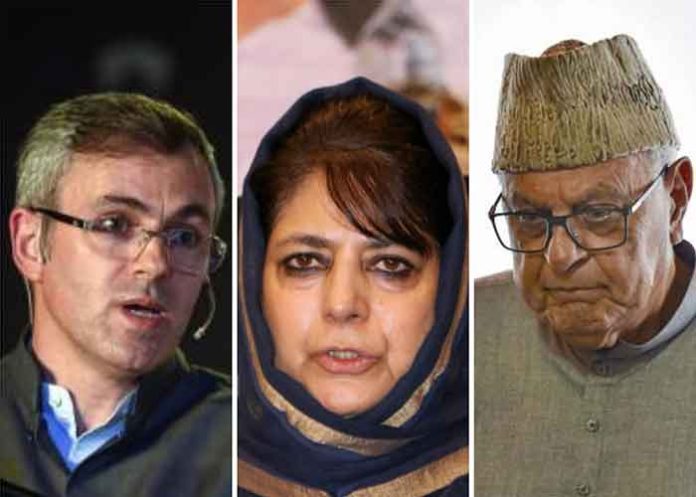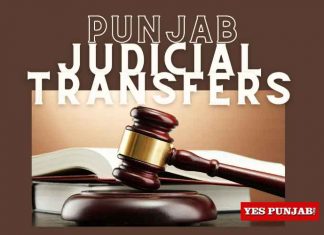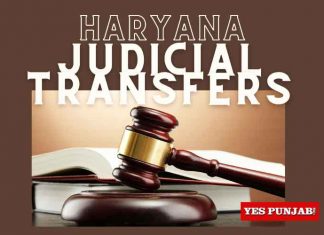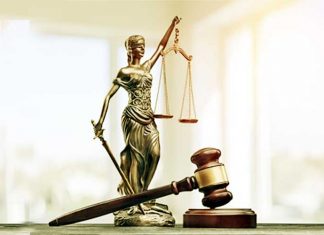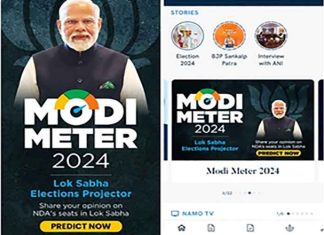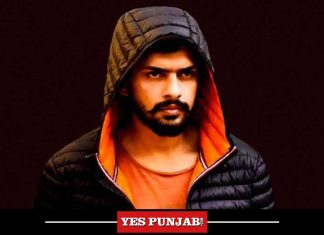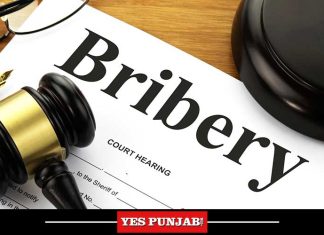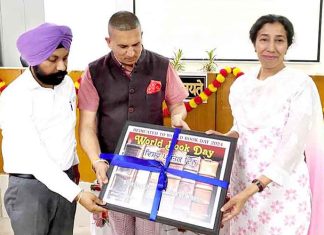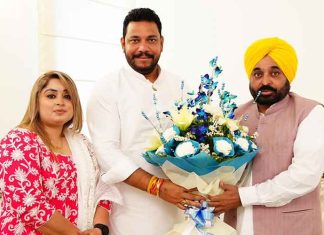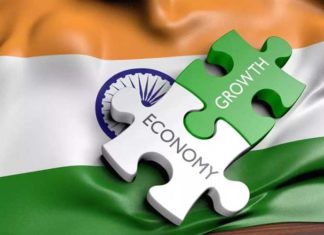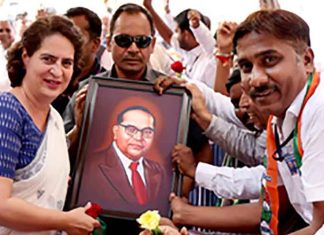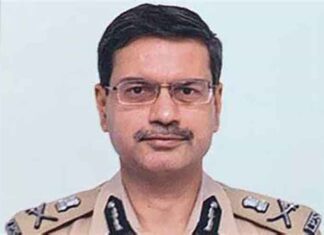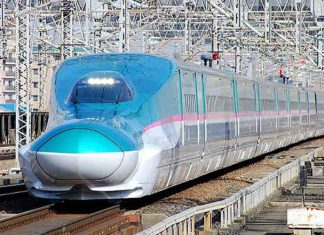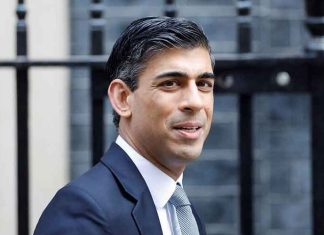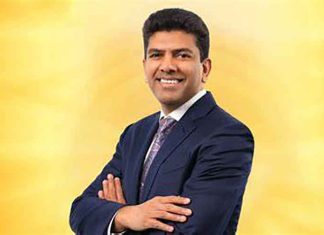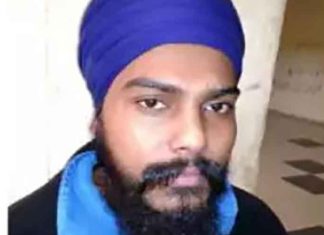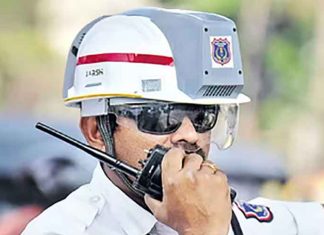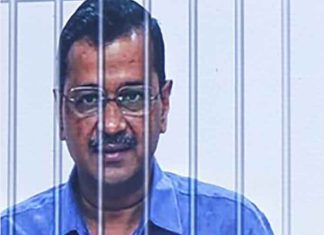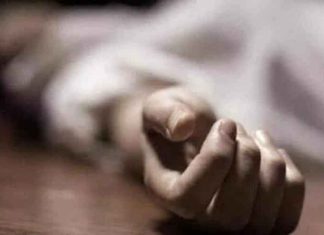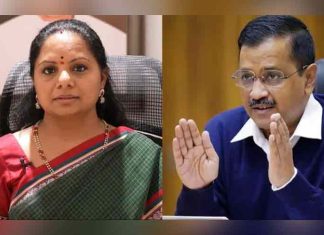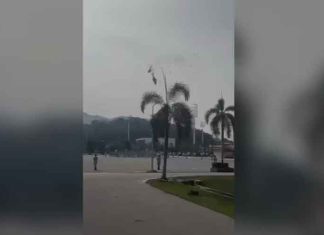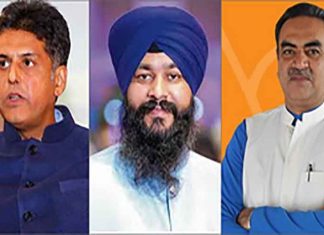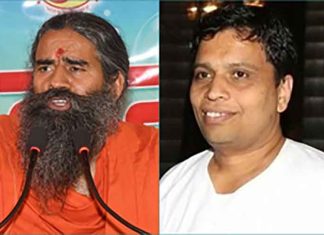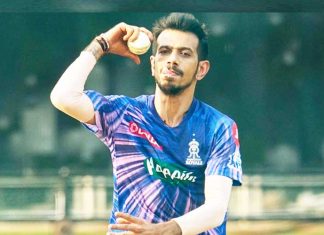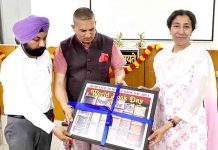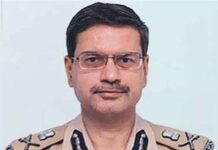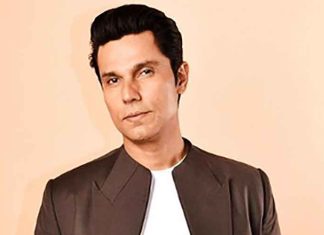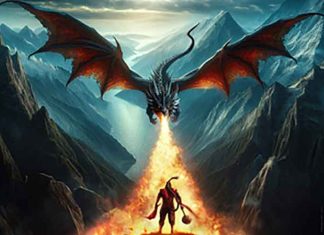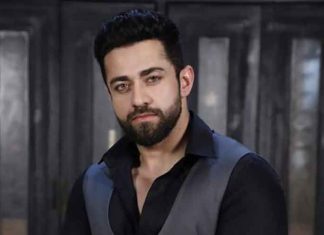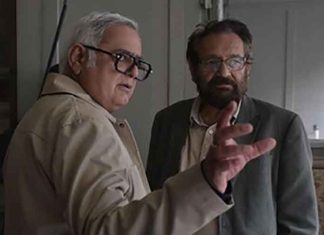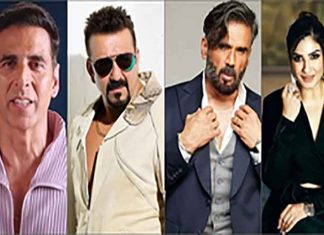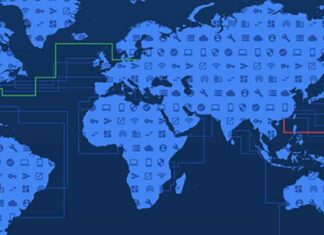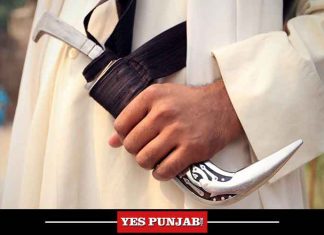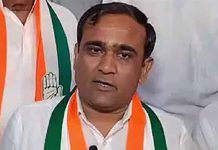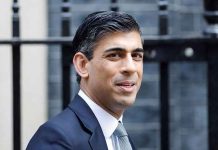New Delhi/Srinagar, June 26, 2022- Jammu and Kashmir witnessing a massive change during the past two years has put the former chief ministers of erstwhile state Dr Farooq Abdullah, his son Omar Abdullah and Mehbooba Mufti in a quandary. They have been left with nothing to sell.
The Centre’s decision to abrogate J&K’s special status and turn it into a Union Territory shattered all the myths about Kashmir being an “issue”.
After August 5, 2019 — when the Article 370, temporary provision in Indian Constitution — was done away with, most of the issues, which touched the skin of a common-man, got the top most priority.
After the scrapping of Article 370, the Central leadership has focused on empowering a common man. He has been provided with the employment avenues, new business opportunities and different stages to showcase his talent.
Power politics ruined J&K
From 1947 to August 2019, the Kashmir-based politicians only raised one issue, i.e., Kashmir is a problem between India, Pakistan and the separatists, who were seeking Azadi.
When the Pakistan sponsored insurgency broke out in 1990, the politicians who ruled the Himalayan region packed their bags and fled Kashmir. They returned in 1996. Assembly elections were held and National Conference (NC) amidst poll boycott calls given by separatists and the militants won the elections amid very low polling percentage.
NC president, Dr Farooq Abdullah took oath as the J&K chief minister with a promise that he would end the Pakistan sponsored terrorism in the erstwhile state. But nothing changed during his tenure from 1996 to 2002. The administration which he ran remained caught in controversies amidst the allegations of corruption and red-tapeism.
He as a head of the state failed to stop the separatists and terrorists from calling the shots. To hide his failures, the government led by him passed the autonomy resolution in the Assembly. By doing so he made an attempt to send a message to the Pakistani agents in J&K that his government supported their demand for J&K’s separation from India. But this didn’t divert the attention from the general callousness of his government and his personal indifference to the messy state of affairs.
Dr Farooq Abdullah during his tenure realised that he has become unpopular and his party won’t find it easy to sail through in next elections. He raised slogans like “don’t make us Pakistanis” and tried to project himself and his son the only options that New Delhi could have in J&K, but by then Peoples Democratic Party (PDP) led by late Mufti Mohammad Sayeed had already appeared on the scene. The PDP wrested power from the NC in 2002. It formed the government with the support of Congress.
After Mufti Mohammad Sayeed took over as the chief minister of J&K, he assured the people that he would provide them with a “healing touch”. Within a short span of time, it became evident that the PDP was no different from the NC. The PDP too followed the policy of appeasing separatists and Pakistan. Close association of PDP leaders with pro-Pakistan Jamaat-e-Islami-made New Delhi realise that most of the Kashmir-based politicians sail in the same boat.
The Congress faced many embarrassments for supporting the PDP. In 2005, senior Congress leader, Ghulam Nabi Azad, according to the power sharing agreement between the two parties, took over as the chief minister of J&K. But he couldn’t complete his full term as the PDP withdrew the support a few months before Azad’s tenure was about to end.
After the 2008 Assembly elections, the National Conference once again came into power with the support of the Congress party. After winning the elections, Dr Farooq Abdullah had projected himself as the next chief minister of the state, but the infighting within the Abdullah family led to the Congress developing cold feet. Sensing that the NC would lose a chance to rule J&K, the party declared Dr Farooq’s son, Omar Abdullah as their head and he became the youngest chief minister of the Himalayan region in 2009 at the age of 38.
In the 2014 Assembly elections, the PDP once again managed to snatch the power from the National Conference and joined hands with the Bharatiya Janata Party (BJP) to form the government in 2015. This led to Mufti Mohammad Sayeed once again becoming the chief minister of J&K. However, Mufti passed away in 2016 following which his daughter Mehooba Mufti became the first woman chief minister of Jammu and Kashmir.
Mehbooba’s tenure witnessed spike in terror related activities, shutdowns and street protests. Her soft policy towards terrorists and stone-pelters led to Kashmir witnessing massive law and order problems. She compelled the Centre to announce unilateral ceasefire in the holy month of Ramadan in 2018, which allowed terrorists to regroup. The ceasefire ended with terrorists killing prominent Kashmiri journalist, Shujaat Bukhari, outside his office in heart of the Srinagar city. Bukhari’s cold blooded murder led to the Centre calling off the ceasefire and BJP pulling out from Mehbooba led government in Jammu and Kashmir.
Dirty politics helped Pakistan
From 1996 to 2019 J&K only witnessed politics for power. It provided Pakistan with a chance to add fuel to the fire by sponsoring terror and patronizing separatists.
The “awful role” played by traditional political parties led to a disconnect between the people and the institutions of governance. These politicians duped the people of J&K. They raised passions to fulfill their electoral motives. Their brand of politics led to the development taking a back seat. The politicians indulging in rhetoric not only cost its people dearly but also ignited a vicious cycle of violence and insecurity for them. The dirty politics played by them resulted in the loss of precious lives. It inflicted huge economic losses that turned J&K into a backward region.
The Himalayan region during all these years lacked a credible political voice that could have dared to call “spade a spade” and tell the people that Azadi is an illusion. None of the leaders mustered courage to say that it’s not Pakistan that can help them, it’s New Delhi that can provide them with everything.
Politicians relegated people to secondary position
The traditional politicians relegated people to secondary position. Flawed policies of Kashmir-based leaders explain why no one came out on streets to seek their release when they were detained after the abrogation of J&K’s special status.
Two political families of Kashmir ruined three generations of Jammu and Kashmir and made every attempt to “divide” India. The leaders of these parties enjoyed all perks and privileges provided by New Delhi but they kept on spewing venom against India to keep J&K on edge.
Children of common Kashmiri are buried in graveyards which have come up in every nook and corner of Kashmir during the past three decades, while the children of elite class have built their careers by studying in top-notch institutions of the country and other parts of the world.
At present the so-called most powerful politician of J&K, Dr Farooq Abdullah, is being quizzed by the Enforcement Directorate in the multi-crore Jammu and Kashmir Cricket Association (JKCA) scam. He headed JKCA from 2001 to 2012 and the alleged financial misappropriations took place between 2004 and 2009.
J&K people seek answers
People of Jammu and Kashmir are seeking answers from the leaders who ruled them during all these years. The ones who are calling the present phase in J&K’s history as “darkest one” need to open their eyes and see how the Himalayan region has developed. They need to peep out and see how many tourists are visiting Kashmir, how development is taking place and need to count the business proposals worth crores of rupees that J&K has received after 2019.
Their slogans of getting Articles 370 and 35 A back have no takers. People are no more interested in their dramas and New Delhi is in no mood to entertain them. The era of deceit and lies is over. Everything is transparent and no denizen of J&K is living in an illusion that Pakistan has any stake in the Himalayan region. A common Kashmiri is looking towards New Delhi as he has realized that Kashmiri has got a Kashmiri killed. He can no longer be hoodwinked by false slogans and narratives as it’s after 70 long years he has come to know what good governance and development means. (Agency)
Subscribe to YesPunjab Telegram Channel & receive important news updates



